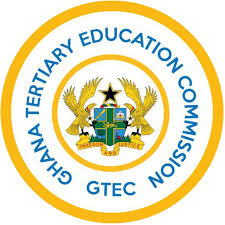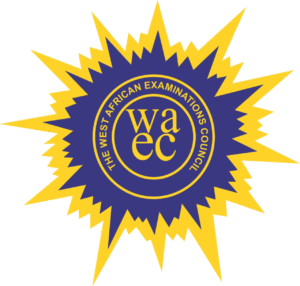GTEC Bars TEWU from Governing Councils as TEWU-TUC Defends Its Mandate

The Ghana Tertiary Education Commission (GTEC), in consultation with the Ministry of Education, has suspended the participation of Teachers and Educational Workers Union (TEWU) representatives on the governing councils of public universities due to an unresolved internal conflict between two factions—TEWU-GH and TEWU-TUC.
In a directive issued to Vice-Chancellors of traditional public universities, GTEC instructed institutions to halt the nomination of TEWU representatives to their governing boards until further notice. The Commission cited the ongoing dispute between the two unions as the reason behind the temporary freeze.
A statement signed by Jerry Sarfo, Acting Director of Corporate Affairs at GTEC, explained that the Commission is actively working to mediate the impasse. “GTEC is engaging both parties with the aim of achieving a resolution. Until then, all TEWU members currently serving on governing councils at institutions including the University of Cape Coast (UCC), University of Education, Winneba (UEW), University of Professional Studies, Accra (UPSA), C.K. Tedam University of Technology and Applied Sciences (CKT-UTAS), University for Development Studies (UDS), and Kwame Nkrumah University of Science and Technology (KNUST) are considered suspended,” the statement read.
The suspension is expected to remain in effect until a scheduled meeting between TEWU-GH, TEWU-TUC, and the Vice-Chancellors-Ghana group on May 16, 2025.
GTEC Reaffirms Neutrality
In response to criticism, GTEC maintained that it has no interest in taking sides and is committed to fairness in matters of representation. The Commission stressed that its actions are guided by legal advice and the authority of the Ministry of Education.
“It is not the role of GTEC to favour one union over another. Our goal is to prevent further disruption, such as the recent incident at UDS, where confrontations over council nominations escalated,” the statement noted.
GTEC also criticized the practice of some institutions submitting council nominations under contentious circumstances, calling such submissions “unacceptable.”
TEWU-TUC Pushes Back
At a press conference, the Teachers and Educational Workers Union affiliated with the Trades Union Congress (TEWU-TUC) rejected the suspension and defended its right to representation on university councils. General Secretary King James Azortibah called for GTEC to remain impartial and enforce discipline within institutions where union-related tensions have escalated.
Azortibah praised President John Dramani Mahama and Education Minister Haruna Iddrisu for respecting due process and recognizing TEWU-TUC as the rightful representative on governing councils. “We urge GTEC to uphold this standard and guide institutions to avoid unlawful conduct and illegal strike actions,” he said.
He reiterated TEWU-TUC’s longstanding history and role in Ghana’s tertiary education system, noting that the union has been active in the sector for nearly six decades. “TEWU of TUC has served as the representative body for various staff categories across public universities for 58 years. This is not a matter of opinion—it is historical fact,” he emphasized.
Root of the Dispute
Azortibah explained that the dispute originated from a splinter group of former executives who left TEWU-TUC after exceeding their constitutionally mandated term limits. “Rather than step down, they broke away and formed a new group but misleadingly continued to use our acronym, TEWU, causing widespread confusion,” he stated.
These actions have reportedly led to increased tension on campuses, particularly at UDS and KNUST. TEWU-TUC claims it has sought resolution through legal channels, with several court rulings supporting its position.
Despite failed attempts by the Secretary-General of TUC to mediate, TEWU-TUC remains steadfast in its claim as the legitimate body for council representation under the Public Universities Act and institutional statutes.
“We will continue to defend our legal mandate and protect the welfare of our members through all appropriate means,” Azortibah concluded.





